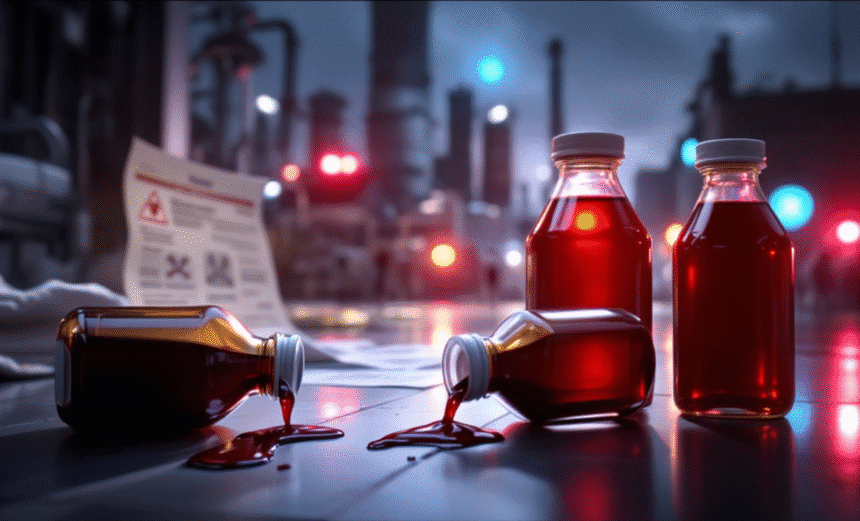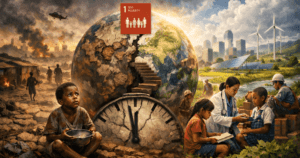After 17 children under the age of five died as a result of eating contaminated drugs, Indian officials issued a warning to avoid two more brands of cough syrup. The deaths are related to hazardous quantities of diethylene glycol (DEG), a chemical present in Coldrif syrup, which was prohibited after testing revealed contamination on October 2.
State officials also recognized the syrups Respifresh and RELIFE as carrying the hazardous ingredient. Government officials defined DEG as “a toxic chemical that can cause serious poisoning, including kidney failure, neurological complications, and even death, especially among children.”
WHO Flags Regulatory Gap
The World Health Organization (WHO) confirmed that the three poisonous syrups had been found in India and had not been exported. However, the agency was concerned about a regulatory gap in screening domestic medicines for hazardous compounds such as diethylene glycol and ethylene glycol.
“WHO expresses deep concern over these developments and emphasizes the regulatory gap in DEG/EG screening for domestically marketed medicines in India,” according to a representative. The source of contamination has not yet been identified.
Factory Lapses and Investigations
According to Indian legislation, pharmaceuticals manufacturers must test each batch of raw ingredients and final products. Following past international occurrences, including the deaths of over 140 children in Gambia, Uzbekistan, and Cameroon from Indian-made syrups, additional export tests have been required since 2023.
Sresan Pharmaceutical Manufacturer created Coldrif syrup, which was solely distributed domestically. Authorities identified major flaws at the factories that make these syrups, including the failure to test each batch as needed. Police are investigating the Sresan facility in Tamil Nadu for homicide, and authorities have requested that the company’s manufacturing license be revoked.
Ongoing Inspections Across India
Health inspectors are evaluating 19 manufacturing sties in six states, including Shape Pharma and Rednex Pharmaceuticals in Gujarat. Preliminary tests found that certain items were “not of standard quality,” resulting in an immediate halt to production and distribution.
Inspectors saw abandoned industries, bottles strewn across the ground, and a lingering chemical odor at the Sresan complex, highlighting the crisis’ scope.
Broader Implications for India’s Pharma Industry
India is the world’s third-largest medicine manufacturer by volume, worth $50 billion, with more than half of its output exported internationally. Generics manufactured in India account for 40% of medicines sold in the United States and more than 90% of pharmaceuticals in several African countries. Previous occurrences with hazardous cough syrups harmed India’s reputation as a dependable pharmaceutical provider.
The WHO continues to advise care when using cough and cold medicines for children while authorities investigate the source of contamination and enhance regulatory oversight.
















